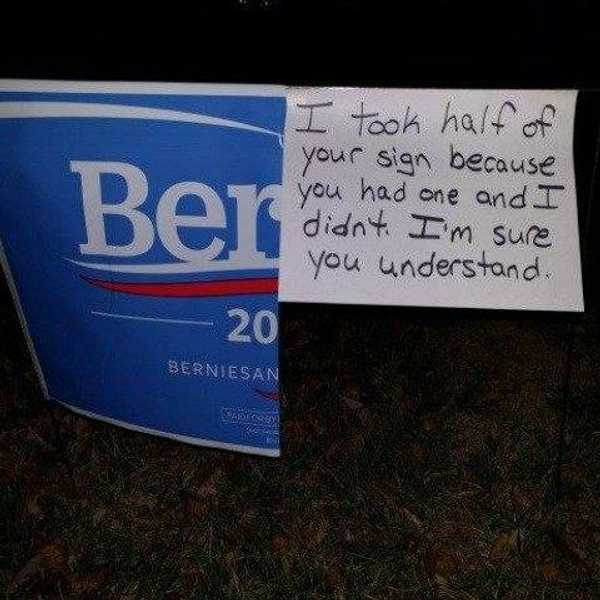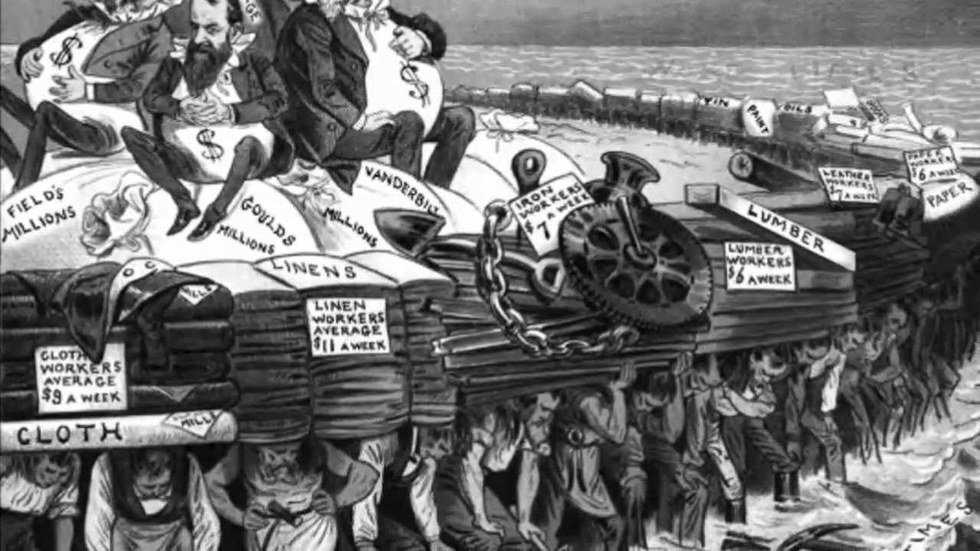The last quarter of the 1800’s in American economics is looked on with disdain in the modern world. It is seen as a cautionary tale regarding complete liberalization of the economy. It is said that the free market allowed for the exploitation of the working class and a growing divide between the rich and the poor. This period was a time of unparalleled economic growth, but it came at a cost. The workers and middle class suffered during this period of time, and it is seen as starting a cultural movement toward collectivism and socialism. This stretch of time created massive companies that held entire industries in their grasp. It was a time of monopolies and trusts. These companies lorded complete power over their employees and the consumer. This is why this period has been named, for the appearance of growth and opulence covering a downtrodden bottom, The Gilded Age. However, there is an important economic circumstance that needs to be understood to fully grasp why these monopolies and trusts came into being, and why the root cause is quite the opposite of free-market capitalism.
The real problem began before the Civil War. In 1861, under President Buchanan, the Morrill Act was adopted. This particular act was meant to raise tariffs on imported goods to the United States, and the country would continue down this path for the next 50 years. The tariffs in the United States had been historically low during the late 1850’s, but this bill raised them significantly. The overall rate for imported goods had been around 17% prior to the Morrill Act. With this new bill, the overall rate rose to 38% by 1865. The tax on dutiable items rose to 48%. The concept of this bill was to protect American business interests, as well as generate revenue for the federal government. This set off a trend that would eventually create the climate of the Gilded Age.
Before he became President in 1897, William McKinley was an Ohio congressman. He heavily favored protectionism. Protectionism is the policy of restricting trade to favor domestic business interests. It was this policy that led him to the Tariff Act of 1890. This act increased the overall tax on imported goods to nearly 50%. This would stand until 1894, when the Wilson-Gorman Tariff Act was put in place. However, the Wilson-Gorman Act would just slightly decrease tariffs to around 42%, and it contained so many concessions that President Cleveland refused to sign the document.
Then the creator of the 1890 Act would become President McKinley. His influence led to the Dingley Act. The Dingley Act increased the tariffs again and would remain in effect for the next twelve years. The numbers went from 42% to 47%. They would be lowered in 1909 to 40% by the Payne-Aldrich Act, but this 50 year period of high tariffs did not completely end until the Revenue Act of 1913.
Now, the effect of these tariffs cannot be understated, as they were some of the highest rates in American history. For comparison, the average tariff rates now for countries to the United States never goes above 10%. In the late 1800’s, it was over 40%. This leads into the creation of monopolies and trusts.
` The logic of protectionism is that businesses in the United States must be protected from foreign invasion. However, it creates a significant problem. The promised prosperity of a capitalistic society is built on choice and competition. Once that specific quality is removed, then the benefits disappear. People need to enter into mutually beneficial arrangements with each other since the other option exists. This prompts companies to innovate and lower prices in accordance with the demands of their customers. It means the same for employees, as the employer needs to entice the employee with a better offer than the competitor. It is cooperation for the sake of competition. It utilizes the self-interest of people to create symbiotic relationships between the consumers and the producers. When competition is removed, the balance of power is disrupted. This does not occur naturally, and it did not occur naturally during The Gilded Age. When American manufacturers have a leniency toward them, it takes away the incentive to compete. In a competitive vacuum, the adversarial relationship switches from the competing businesses to the business and the consumer, or the business and the employee. The world was experiencing rapid shifts during the late 1800’s, and countries were becoming more intertwined. The American businesses felt no pressure from foreign influence, since foreign companies were held back by the absurdly high tariffs. This lack of competition creates monopolies, as it did in America.
In essence, the world of the late 1800’s did not result from a free market gone wild. It came from the federal government favoring those American businesses, which opened the door for monopolies to be formed. Natural monopolies are a bit of an anomaly, and days of Carnegie were no exception. The unfavorable conditions of the 1890’s were more a result of federal policy, and not federal inaction.



















